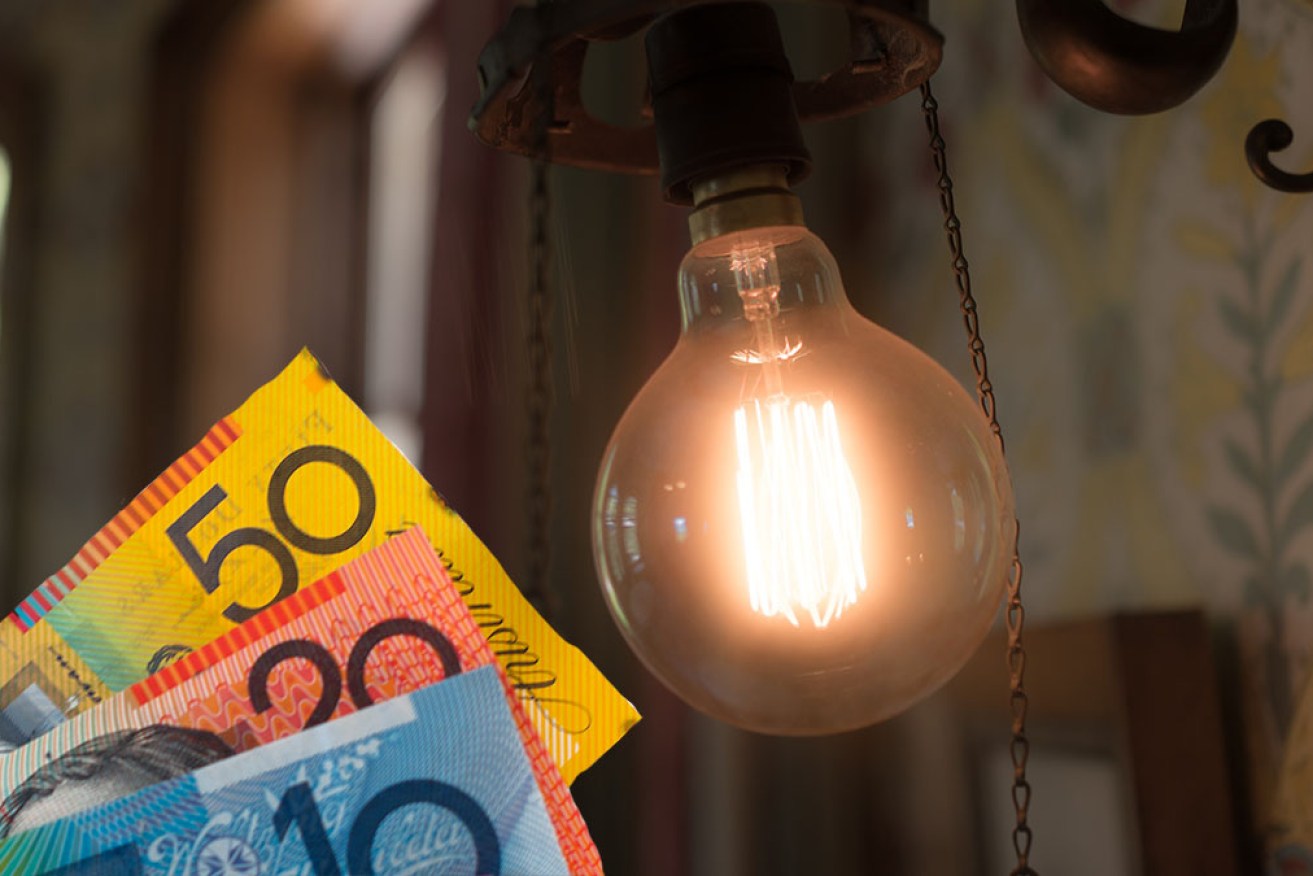Cheaper energy on the cards as pandemic burns fossil-fuel industry


The good news: Price caps will hobble soaring prices. The bad news: Likely reductions in supply. Photo: Getty Photo: Getty
Australian energy bills are tipped to fall as the combined effects of coronavirus lockdowns and growing interest in renewables forces down wholesale costs.
That’s good news for consumers, but bad news for fossil fuel power generators, who face collapsing revenues amid stiffer competition from their renewable rivals.
Demand for energy in the 2019-20 financial year was 4.1 per cent lower than in the previous year, according to new data from research house IBISWorld.
The drop in demand was driven by coronavirus lockdowns that shuttered businesses and office towers (accounting for 2 per cent of the fall) and growing uptake in home solar power generation (2.1 per cent).
Although it’s only a small drop, it was enough to drag down wholesale energy costs, which were also helped along by cheaper renewable power generation and lower fuel prices (particularly gas).
Wholesale prices vary from state to state, with Queensland and Tasmania offering the cheapest at $56 per megawatt hour (MWh), and Victoria charging the most at $84 per MWh.
But the confluence of falling demand, cheaper fuel, and more affordable renewables means the wholesale price is now below $90 per MWh in every Australian region for the first time since the 2014-15 financial year.
IBISWorld senior industry analyst James Caldwell said the lower prices would flow through to customers in coming months.
But wholesale prices only make up one-third of the total cost of an energy bill, with the remaining two-thirds representing network costs that are unaffected by these factors.
Shop around and save
Although cheaper wholesale costs will offer hip-pocket relief for many Australians, a spokesperson for consumer comparison site Mozo told The New Daily that many are already paying more than they have to.
By shopping around and switching to a more affordable provider, the average Australian household could save roughly $250 a year, the spokesperson said.
Consumers can check if they are getting the best deal using Mozo’s comparison service, or the federal government’s Energy Made Easy website.
Meanwhile, Victorians can use Victorian Energy Compare.
Fossil fuels face further misery
Mr Caldwell said the coronavirus pandemic pushed demand for coal and gas off a cliff earlier this year.
This dragged down the price of generation – with the cost of black coal-fired power estimated to drop 40 per cent through 2019-20, while the cost of gas is expected to decline by 50 per cent.
Normally, these cheaper inputs would translate to bigger profits for businesses involved in fossil fuel-based power generation.
But Mr Caldwell said the industry has so far failed to increase its profit margins, because it has been forced to drop prices to compete with cleaner alternatives.
This trend is expected to continue, he said.
“Overall, profit margins in the fossil-fuel electricity generation industry are expected to decline as operators struggle to cover their costs amid a prolonged period of lower wholesale prices,” he said.
Australia’s coal-powered electricity generators are on average over 30 years old, making them prone to breakdown and expensive to maintain.
“Consequently, their ability to turn a profit is reliant on high wholesale electricity prices.”
Further falls in the price of coal or gas will also do little to boost their competitiveness, as renewable generators do not need to purchase fuel.
This, combined with the falling cost of establishing new renewable power generators, will accelerate a shift towards renewables in the next five years too, Mr Caldwell said.
Renewable sources are estimated to account for 20 per cent of the total energy consumed in Australia’s national energy market this year.
That’s up from only 12.6 per cent in 2015-16.








